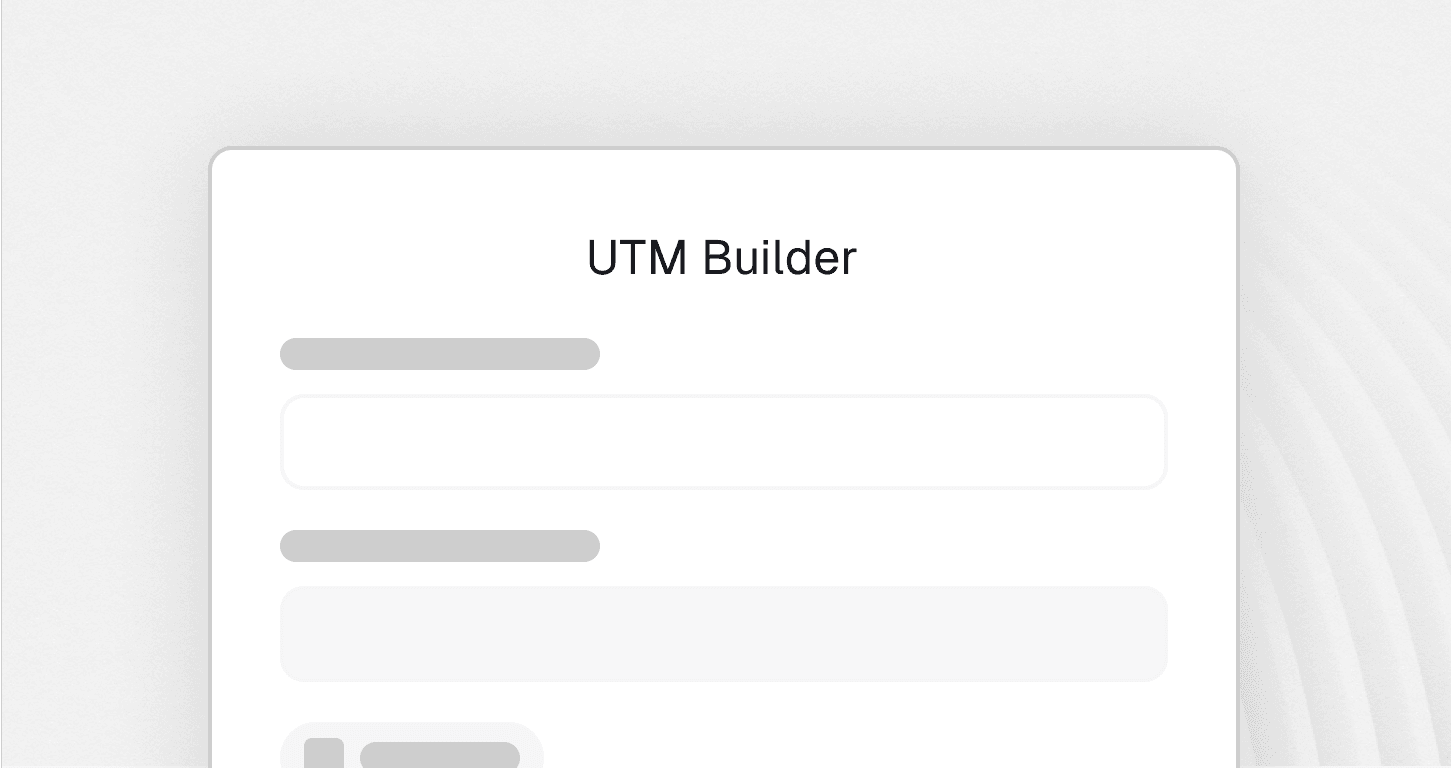Free JSON to CSV Converter
Effortlessly convert JSON files into clean, structured CSV format for instant analysis and reporting.
Convert JSON Files to CSV Format Effortlessly
Streamline Your Data Workflow with Professional File Conversion
Working with structured data files that need to be analyzed in CSV? Our conversion tool transforms complex data formats into Excel-compatible files in seconds. Perfect for developers, analysts, and business professionals who need to bridge the gap between web technologies and traditional data analysis tools.
The Power of Format Transformation
Modern applications generate data in JavaScript Object Notation - a flexible format that handles complex relationships and hierarchical information. However, when it comes to analysis, reporting, or sharing with stakeholders, spreadsheet formats remain the gold standard for accessibility and compatibility.
Our conversion process takes structured web data and reorganizes it into rows and columns that work seamlessly with Excel, Google Sheets, LibreOffice Calc, and other spreadsheet applications. This transformation enables robust analysis while preserving the integrity of the data at every step.
Advanced Conversion Capabilities
1. Smart Structure Processing
Transform even the most complex data arrangements:
Hierarchical Flattening: Multi-level nested structures become organized columns with intuitive naming
List Management: Arrays convert to multiple rows or combined values based on your needs
Type Preservation: Numbers, text, true/false values, and empty fields maintain their original format
Global Character Support: International text and symbols transfer correctly
Scalable Processing: Handle everything from small datasets to enterprise-level files
2. Intelligent Output Generation
Our tool goes beyond basic conversion with smart features:
Automatic Header Creation: Discovers all data fields and creates meaningful column names
Format Consistency: Ensures every row contains the same field structure
Empty Value Management: Handles missing data appropriately for your target application
Text Safety: Protects special characters that could break spreadsheet imports
Structure Validation: Maintains data relationships during the transformation
3. Customizable Results
Tailor your output for specific use cases:
Separator Options: Pick from standard delimiters or define custom ones
Text Wrapping: Control how text fields are enclosed and protected
Column Headers: Choose whether to include field names in your output
Character Encoding: Select the right encoding for your geographic region
Application Optimization: Generate files optimized for your target spreadsheet software
Core Platform Features
1. Complete Privacy Protection
Your data never leaves your device. Thanks to our browser-based system, all processing happens locally - no uploads, no cloud storage, and no third-party servers involved. This ensures top-tier security and complete privacy from start to finish.
2. Instant Processing
See results immediately as you work. Our optimized algorithms provide real-time feedback, letting you preview transformations and adjust settings on the fly. No waiting periods, no processing queues - just immediate, accurate results.
3. Comprehensive Error Prevention
Built-in validation catches issues before they become problems:
Format Verification: Confirms your source data is properly structured
Logic Checking: Identifies potential conversion complications
Quality Assurance: Flags inconsistencies and suggests improvements
Preview Mode: Shows sample results before full processing
4. Flexible Input Options
Work with data however it comes to you:
Direct Entry: Type or paste content directly into the workspace
File Import: Upload documents from your computer
Web Integration: Pull data directly from online sources
Simple Drag-and-Drop: Move files directly onto the conversion area
Real-World Applications
1. API Integration Projects
When building applications that consume web services, you often need to analyze response data in CSV format for:
Performance Analysis: Track API response times and success rates
Data Quality Assessment: Verify the completeness and accuracy of received information
Business Reporting: Create executive summaries from technical data
Usage Insights: Uncover trends in API behavior and performance metrics
2. Database Migration Tasks
Organizations frequently need to move data between systems, requiring format conversion for:
System Upgrades: Transfer legacy data to modern platforms
Vendor Changes: Move between different database providers
Backup Validation: Ensure backups are complete and data remains intact
Data Archiving: Prepare legacy files for secure, long-term retention
3. Development and Quality Assurance
Software teams use format conversion for various technical tasks:
Test Data Creation: Generate sample datasets for application testing
Configuration Review: Examine system settings in readable format
Debug Analysis: Investigate application behavior through log data
Documentation: Create technical specifications from configuration files
4. Business Intelligence Workflows
Organizations leverage conversion tools for strategic decision-making:
Sales Analytics: Transform transaction data for revenue analysis
Customer Insights: Convert user behavior data for marketing campaigns
Inventory Management: Process product information for supply chain optimization
Financial Reporting: Prepare data for accounting and compliance requirements
Conversion Process Walkthrough
1. Standard Workflow Steps
Data Preparation: Verify your source file is complete and properly formatted
Content Input: Load your data using your preferred method
Setting Configuration: Choose output parameters that match your needs
Result Preview: Review the transformation before finalizing
Processing Execution: Generate your converted file
Output Retrieval: Download or copy your results
2. Advanced Customization Features
Depth Control: Specify how many levels of nesting to flatten
List Handling: Define whether arrays become rows or concatenated text
Field Selection: Choose which data elements to include in output
Column Arrangement: Control the order of fields in your final spreadsheet
Custom Delimiters: Use specialized separators for unique requirements
Managing Complex Data Scenarios
1. Nested Information Structures
When your data contains multiple levels of organization, our system creates a flat structure using descriptive names:
Original: {"company": {"name": "TechCorp", "location": {"city": "Boston", "state": "MA"}}}
Result: company.name, company.location.city, company.location.state
2. Array Processing Strategies
For data containing lists, choose the approach that best fits your analysis needs:
Row Multiplication: Each list item creates a new spreadsheet row
Text Combination: List items join together with chosen separators
Column Expansion: Each list position becomes its own column
3. Data Type Preservation
Our conversion maintains the original nature of your information:
Text Fields: Properly quoted and escaped for safe spreadsheet import
Numeric Values: Preserved exactly for mathematical operations
Boolean Indicators: Converted to your preferred true/false representation
Missing Information: Handled as blank cells or custom placeholder text
Best Practices for Optimal Results
1. Source Data Preparation
Validation First: Check your data structure before conversion
Consistent Naming: Use uniform field names across similar records
Simplify When Possible: Reduce unnecessary nesting levels
Size Management: Break large datasets into manageable chunks
2. Configuration Selection
Target Application: Match settings to your intended spreadsheet software
Regional Considerations: Choose appropriate character encoding for your location
Analysis Purpose: Include headers and preserve types for data analysis
Integration Requirements: Align delimiter and quote settings with receiving systems
Technical Specifications
1. Browser Support Matrix
Full compatibility across modern web browsers:
Chrome: Version 70 and newer
Firefox: Version 65 and newer
Safari: Version 12 and newer
Edge: Version 79 and newer
Mobile: Complete functionality on smartphone browsers
2. Performance Characteristics
File Capacity: Processes files containing millions of records
Speed: Handles thousands of data objects per second
Memory Usage: Efficient algorithms prevent browser performance issues
Accuracy: Maintains complete data fidelity throughout processing
Common Issues and Solutions
1. Source Data Problems
Malformed Structure: Verify proper syntax with balanced brackets and quotes
Character Issues: Ensure consistent text encoding throughout your data
Incomplete Records: Check that all data objects are properly terminated
Special Characters: Properly escape backslashes and quotation marks
2. Output Formatting Issues
Column Misalignment: Verify consistent field structure across all records
Character Display: Select appropriate encoding for your target application
Delimiter Conflicts: Choose separators that don't appear within your data
Text Escaping: Configure proper quote handling for fields containing special characters
3. Privacy and Security Framework
Your data protection is fundamental to our design philosophy:
Local Processing: All operations occur within your browser environment
Zero Storage: No data retention, caching, or transmission to external servers
Anonymous Usage: No account creation or personal information required
Encrypted Communication: All web interactions use secure HTTPS protocols
Frequently Asked Questions
What file sizes can the converter handle?
Our tool processes files limited only by your browser's memory capacity. Most business applications work without any issues, including large enterprise datasets.
How does the system handle nested data structures?
The converter seamlessly transforms nested data into spreadsheet-friendly columns, using clear labels to retain the structure's original meaning.
Will my converted files work with Excel?
Yes, we generate output that opens correctly in Microsoft Excel, including proper character encoding and formatting preservation.
Can I customize the conversion output?
Absolutely. You can adjust delimiters, quote styles, header inclusion, and encoding settings to match your specific requirements.
What happens to arrays during conversion?
You can choose to convert arrays into separate spreadsheet rows, combine them into text strings, or expand them into individual columns based on your analysis needs.
Begin Your Data Transformation
Revolutionize how you work with structured data. Whether you're processing API responses, analyzing database exports, or preparing reports for stakeholders, our converter provides the precision and flexibility modern data workflows demand.
Experience seamless transformation from complex data structures to Excel-ready CSV. Our tool handles technical complexity while delivering clean, organized results perfect for analysis and reporting.
Ready to start? Paste your data above and watch our intelligent converter transform it into spreadsheet format instantly. Secure, fast, and accurate - join thousands of professionals who rely on our platform for their data conversion needs.




